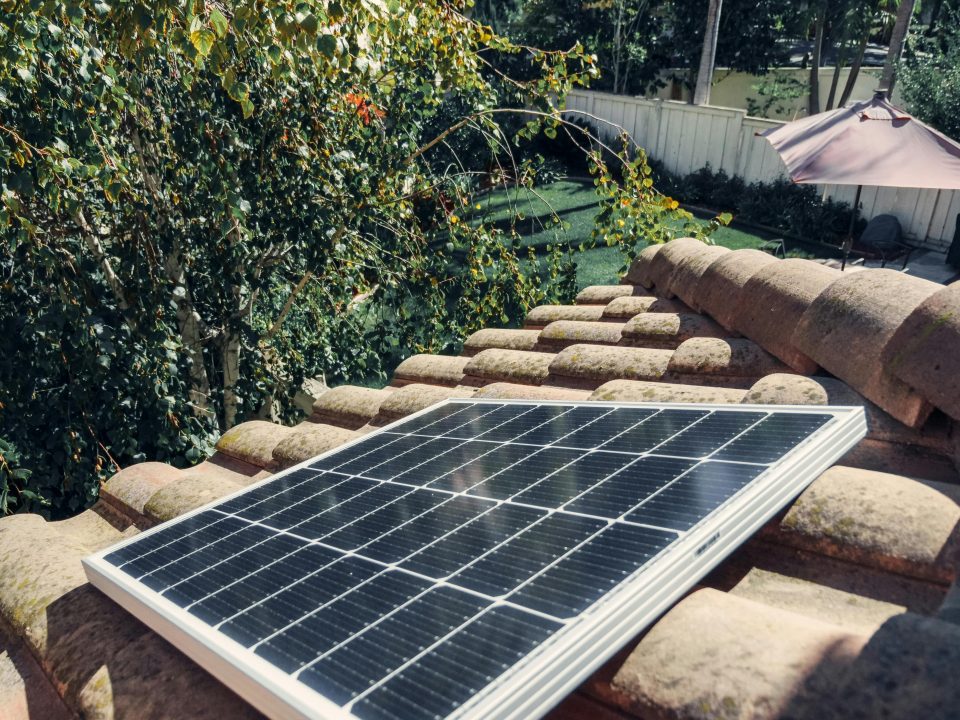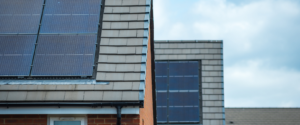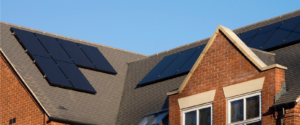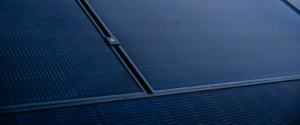Not all home upgrades pay off: some can actually make your house harder to sell. Did you know that almost a quarter (24.34%) of UK homeowners’ weekly spending is designated for the household (£195.40)?
With 18% of people renovating their homes to increase the property’s value, knowing what not to do is just as important. A good rule is that every upgrade you make should add value.
It could be personal value (i.e., the enjoyment you get from the upgrade) or the return on investment (ROI) you get later from selling. But what is ROI?
ROI measures profitability relative to the cost of investment. It can be affected by many things, including where you live, buyer preferences in the area, and any up-and-coming market trends.
What are some common home improvements that do not add value?
If selling your home has always been part of the plan, focusing on the bigger picture can help you stay on track. Even if you don’t plan to sell, knowing what investments pay off may help you feel more secure in your investment.
1. Swimming pools
While most people dream of having a swimming pool in their back garden, in the UK, it’s not always practical. Swimming pools are very seasonally dependent (i.e., you need a lot of sunshine and stable temperatures to properly enjoy them).
The UK has its moments, but our proximity to the Atlantic Ocean makes us one of the mildest, wettest, and windiest countries in the Western hemisphere. So, although it might feel like a luxury, a swimming pool could be the death knell to future buyers.
Swimming pools are often expensive to install, and keeping them in good shape requires extensive maintenance. Over time, these costs can add up, making it especially difficult for homeowners in cooler climates to recoup their investment.
2. Luxury flooring
Like many home improvements, flooring preferences are entirely subjective.
Any decisions to install luxury materials should be made solely for the homeowner’s enjoyment, as a return on investment is not guaranteed. Again, materials like marble and hardwood are expensive to install and maintain.
If you’re looking to sell, your hardwood floor may not appeal to a buyer who prefers carpet, and vice versa. A better idea is to invest in mid-range options that a future buyer could do with as they see fit.
3. Bathroom remodel
Another upgrade that may cost more than it’s worth is a bathroom remodel.
Once you add up the cost of installing new sanitaryware with big-budget purchases like a toilet, freestanding bath, or new cabinetry, you may be rudely awakened when the price of your home doesn’t skyrocket.
The cost of installing an entirely new bathroom suite simply isn’t worth it when you could achieve the same effect with a deep clean and a fresh coat of paint!
Buyers who are already interested in your home are unlikely to back out because your sink isn’t in mint condition. So, instead, hire a professional cleaner or head to your local DIY shop for some low-cost supplies.
4. Removing traditional features
Stripping away a home’s period features can diminish its character. If old, wooden beams, a traditional fireplace, or mouldings don’t fit with your modern aesthetic, don’t tear them out entirely: find creative ways to make them work.
Preserving these features could mean doing something simple, like painting over your fireplace’s mantel or purchasing rugs to cover up your hardwood flooring. Completely getting rid of these older elements can make it harder to appeal to buyers when selling.
5. Garden landscaping
High-end landscaping certainly looks impressive, but does it add value to your home?
It all comes down to location and property size. A landscaped garden might raise eyebrows in Central London, but in Yorkshire, buyers may see it as more of a hassle.
Since the pandemic, there has been a rise in demand for garden offices, with some buyers forgoing water features and topiary for more child and pet-friendly plains of grass.
An overly elaborate garden also needs more attention, which can be daunting to low-maintenance homeowners. Ultimately, it’s effort versus reward: keeping your garden manageable may benefit you financially, both now and in the future.
What home improvements add value?
The priorities of homeowners are changing, and in 2025, we’re seeing more people than ever look beyond aesthetic improvements and towards sustainability.
A study by MoneySuperMarket found that improving your property’s energy efficiency significantly boosts its market value; for example, improving from a G to an A rating can increase property value by up to 14%.
Combine this with statistics from Admiral (which cites homes with solar panels were selling at an average of 25% more compared to similar properties in the same area without them), and it becomes clear that investing in green technology is the way forward.
Are you ready to join the solar takeover?
The home improvements that do not add value in the UK are those unsuitable for the needs of buyers. While you can’t please everyone, we recommend prioritising the upgrades that deliver an ROI.
Solar panels are a great place to start. As the UK’s top solar installer, we’ve already helped over 45,000 homeowners make the switch to cleaner energy. Contact us and learn more about what we could do for you.




